Shaping the ecosystem for emerging asset classes
Speaking at the opening ceremony of the workshop, Editor-in-Chief of Banking Times Le Thi Thuy Sen affirmed that in the context of Vietnam's economy being on the path of strong development and deep integration with the region and the world, the Government and the Prime Minister have issued many policies to promote digital transformation in the banking sector, develop green economy, circular economy, including content related to digital assets and carbon credits. Such as Decision No. 411/QD-TTg dated March 31, 2022 approving the National Strategy for Digital Economy and Digital Society Development to 2025, with a vision to 2030; Decision No. 1437/QD-TTg dated November 20, 2024 of the Prime Minister promulgating the National Action Plan on Digital Economy Development for the 2024-2025 period; Decision No. 232/QD-TTg dated January 24, 2025 of the Prime Minister approving the Project on establishing and developing a carbon market in Vietnam... These are typical examples demonstrating the Government's determination to gradually shape the ecosystem for emerging asset classes such as digital assets and carbon credits.
However, the legal framework for digital assets is still under construction. The establishment of secured transactions for carbon credits has not yet been specifically regulated in Vietnamese law. “Therefore, if digital assets and carbon credits are considered bank collateral, banks will be hesitant because any transaction must be based on a clearly defined legal basis. Currently, there is no legal regulation indicating that, in addition to conventional, traditional collateral, carbon credits and digital assets can be considered collateral” - Dr. Le Thi Giang ( Hanoi Law University) shared.
However, in some countries, carbon credits have been recognized as collateral. Dr. Vu Thi Van Anh, Senior Manager of ESG Division - KPMG Vietnam, said that according to Thailand's business security law, the country is considering recognizing carbon credits as collateral for financial transactions. The Ministry of Business Development (Thailand) has discussed with relevant agencies to promote carbon credits that can be used as collateral for loans, especially for climate change adaptation investment projects, providing a way to measure and manage climate-related risks. In the European market, EUA is recognized as a financial instrument under the Directive on Financial Instruments Markets, allowing trading on exchanges and the use of derivative financial transactions. The European Central Bank (ECB) has implemented measures to reduce climate risks in credit activities, including limiting the use of high-emission assets as collateral.
 |
| Panorama of the discussion (Photo: Hoang Giap) |
Piloting is needed before widespread implementation.
According to experts, if a legal corridor is promptly built and completed to include digital assets and carbon credits as collateral, Vietnam will have the opportunity to make a strong breakthrough in developing green credit and digital credit, contributing to promoting sustainable economic growth.
To complete the legal framework for this type, Dr. Giacomo Merello - Chairman of the Antigua & Barbuda Digital Asset Business Promotion Council, Special Economic Envoy of the Prime Minister of Antigua and Barbuda to the Republic of Singapore said: Vietnam can take advantage of global lessons such as establishing clear laws on cryptocurrencies as assets/collateral; implementing licensing and custody rules, and encouraging encryption (digital bonds) in its planned financial center.
From an expert perspective, Dr. Vu Thi Van Anh affirmed that state management agencies play a key role in creating a solid legal corridor. This requires perfecting the legal framework through research and promulgation of specific regulations, clarifying the legal basis for the use of carbon credits as collateral. In addition, supplementing supporting legal documents, such as amending the Law on Credit Institutions and issuing guiding circulars, is extremely necessary. To ensure feasibility before widespread implementation, management agencies should conduct a pilot at a number of credit institutions. Finally, coordinating the construction and use of a centralized database, connecting with the national carbon exchange and the credit system, will create a transparent and effective platform for the management and trading of carbon credits.
Along with the efforts of the management agency, Dr. Vu Thi Van Anh said that commercial banks also need to proactively improve their capacity to effectively manage carbon credits as a type of collateral. This includes establishing a specialized department or cooperating with specialized units to conduct appraisals of the value and legality of carbon credits. Training of credit officers and risk management on carbon markets, pricing methods and related legal aspects also needs to be focused on.
Suggesting some directions for building a legal framework for collateral such as digital assets and carbon credits, Dr. Giacomo Merello said that any legal framework for digital assets in Vietnam must aim at the dual goal of both facilitating innovation and attracting investment, while ensuring the safety of the financial system. To build an effective legal framework for digital assets, Vietnam needs to simultaneously address issues of anti-money laundering and counter-terrorist financing (AML/CFT) as well as tax policies. Vietnam can study a 0.1% tax rate on cryptocurrencies. At the same time, regulatory agencies can encourage innovation, facilitate trade and investment, by requiring transparency of collateral; and closely monitor the loan-to-value ratio, to protect the stability of the banking system.
From a business perspective, Mr. Nguyen Kim Hung, Chairman of the Board of Directors of Kim Nam Group, emphasized that although institutional and legal issues of digital assets are often mentioned, what businesses are really interested in are practical applications that can be immediately deployed in production and business activities. According to him, specific solutions that bring direct benefits are the key factor for businesses, rather than focusing only on legal frameworks.
Source: https://thoibaonganhang.vn/cong-nhan-tai-san-so-tin-chi-carbon-la-tai-san-bao-dam-se-thuc-day-phat-trien-ben-vung-163475.html


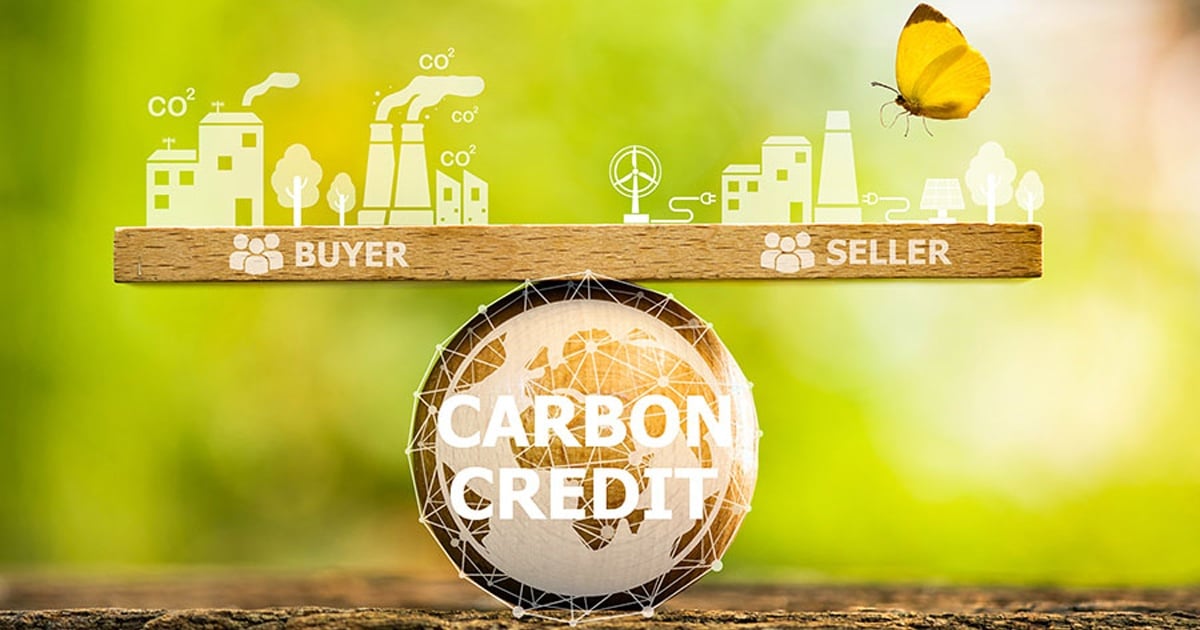








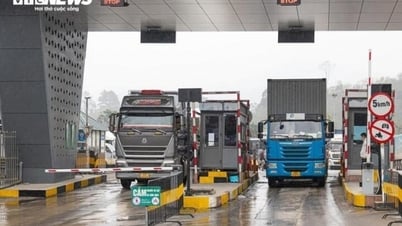



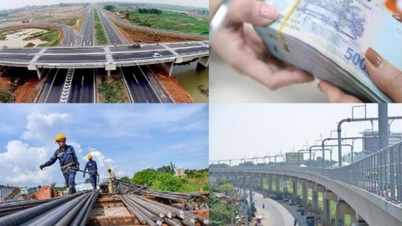









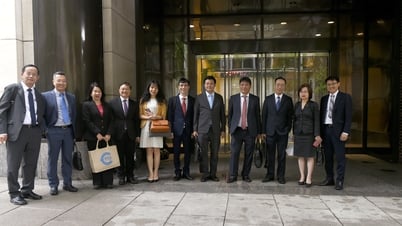




















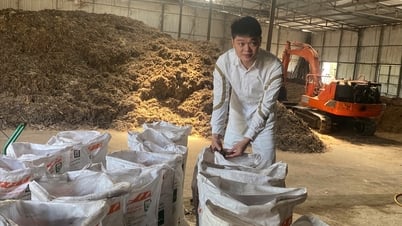


















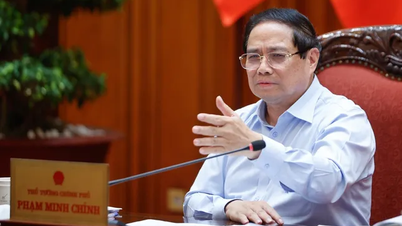








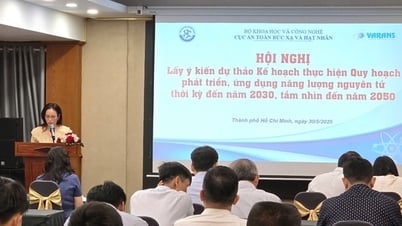




























Comment (0)